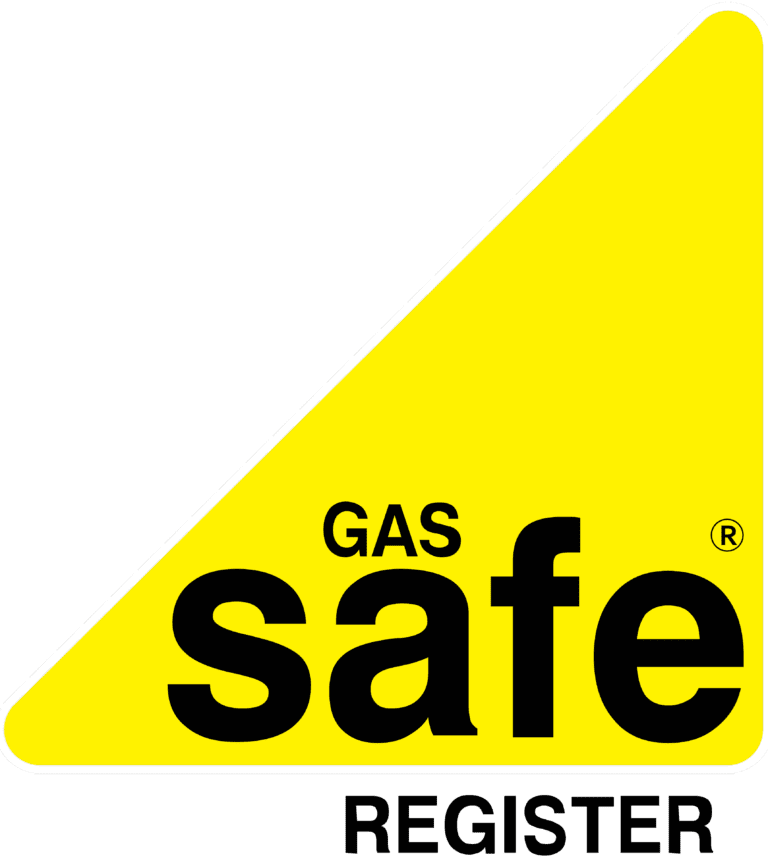Table of Contents
Welcome to our comprehensive guide on uncovering the hidden dangers lurking in your home’s plumbing system. Plumbing plays a vital role in our daily lives, providing us with clean water for drinking, bathing, and cooking, as well as removing waste efficiently. However, like any other system, plumbing can pose risks and hazards if not properly maintained or addressed. In this article, we will delve into the common plumbing hazards that you should be aware of to ensure the safety and well-being of your household.
Unveiling the Hidden Dangers: Common Plumbing Hazards in Your Home
Plumbing hazards can manifest in various forms, ranging from minor inconveniences to significant health and safety risks. Understanding these hazards and taking proactive measures can help you prevent potential accidents and costly repairs. Let’s explore some of the most common plumbing hazards found in homes today.
Substandard Pipe Materials: A Recipe for Disaster
Many older homes were constructed using substandard pipe materials that have the potential to cause significant problems. Galvanised steel pipes, for example, were commonly used in the past but are susceptible to corrosion and rust over time. As these pipes deteriorate, they can restrict water flow, leading to reduced water pressure and even pipe bursts. It is crucial to identify and replace outdated pipe materials to avoid potential leaks and water damage.
Leaky Taps: A Silent Water Waster
Drip…drip…drip. A leaky tap may seem like a minor annoyance, but it can waste a significant amount of water over time. Not only does this increase your water bill, but it also contributes to water scarcity, an issue of growing concern globally. Addressing leaky taps promptly not only saves water but also prevents the formation of mold and mildew, which can lead to respiratory problems.
Clogged Drains: The Culprit Behind Many Plumbing Nightmares
Clogged drains are a common plumbing issue that can quickly escalate into a full-blown nightmare if left unattended. They can occur in various areas of your home, including sinks, showers, and toilets. Hair, soap residue, food particles, and foreign objects are typical culprits behind clogged drains. Regular maintenance, such as using drain covers and avoiding the disposal of non-biodegradable items, can prevent clogs and keep your plumbing system flowing smoothly.
Sewer Line Problems: A Stinky Situation
The sewer line is an integral part of your home’s plumbing system, responsible for carrying wastewater away from your property. When the sewer line becomes damaged or clogged, it can lead to foul odors, slow drains, and even sewage backups into your home. Tree root intrusion, aging pipes, and debris buildup are common causes of sewer line problems. If you notice any signs of sewer line issues, such as gurgling sounds or sewage odors, it is crucial to contact a professional plumber immediately.
Water Heater Troubles: More Than Just Cold Showers
Water heaters provide us with hot water for bathing, cleaning, and other essential tasks. However, they can pose hazards if not properly maintained or if there are underlying issues. Sediment buildup, faulty thermostats, and pressure valve malfunctions are some common water heater problems that can lead to scalding, leaks, or even explosions. Regular inspection and maintenance of your water heater are essential to ensure its optimal performance and to prevent potential dangers.
DIY Plumbing: When Good Intentions Go Wrong
In the age of online tutorials and the do-it-yourself mentality, it can be tempting to tackle plumbing repairs without professional assistance. However, DIY plumbing can often do more harm than good, especially if you lack the necessary knowledge and experience. Incorrectly installed fixtures, improperly sealed pipes, and inadequate repairs can result in water leaks, damage to your plumbing system, and costly repairs in the long run. It is recommended to seek the expertise of a licensed plumber for any plumbing-related tasks beyond your comfort level.
Frequently Asked Questions (FAQs)
-
Q: How often should I have my plumbing system inspected?
- A: It is advisable to have your plumbing system inspected at least once a year, even if you are not experiencing any issues. Regular inspections can help identify potential problems before they escalate and save you from costly repairs in the future.
-
Q: What should I do if I encounter a burst pipe?
- A: In the event of a burst pipe, it is crucial to act quickly to minimise water damage. Shut off the main water supply to your home and contact an emergency plumber for immediate assistance.
-
Q: Are chemical drain cleaners safe to use?
- A: While chemical drain cleaners can provide a temporary fix for clogged drains, they can also damage your pipes and harm the environment. It is best to opt for natural or mechanical methods or seek the assistance of a professional plumber.
-
Q: How can I prevent frozen pipes during winter?
- A: To prevent frozen pipes during colder months, insulate exposed pipes, allow taps to drip, and keep the thermostat at a consistent temperature. Opening cabinet doors under sinks can also help warm air circulate around the pipes.
-
Q: Can I flush wet wipes down the toilet?
- A: No, wet wipes should not be flushed down the toilet, even if they claim to be “flushable.” Wet wipes do not break down like toilet paper and can cause clogs in your plumbing system. Dispose of them in the trash instead.
-
Q: Why is there a foul odor coming from my drains?
- A: Foul odors emanating from drains are often caused by a buildup of organic matter, such as food debris or hair. Regularly cleaning your drains with a mixture of baking soda, vinegar, and hot water can help eliminate odors.
Conclusion
Unveiling the hidden dangers of common plumbing hazards in your home is crucial for maintaining the integrity and safety of your plumbing system. By being aware of these potential risks and taking proactive measures, you can prevent accidents, water damage, and costly repairs. Remember to address plumbing issues promptly, seek professional help when needed, and prioritise regular maintenance to ensure the smooth operation of your home’s plumbing system.

